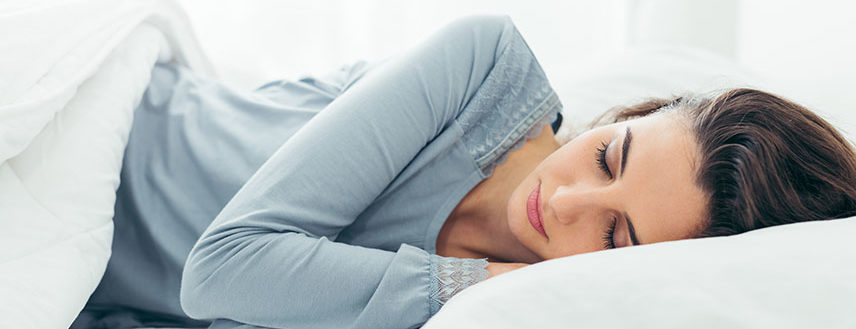
Saturday, October 31st daylight savings ends, and we move our clocks back an hour. In theory, that extra hour seems like a great idea. You go to sleep at 10:00, but now it’s only 9:00. But in reality, that one hour can wreak havoc on our internal clocks. Our bodies are extremely sensitive to changes in light and schedules. It will now be lighter in the morning and darker in the evening. It takes time for our bodies to adjust. Studies have shown that traffic accidents increase for about a week following the time change in both the spring and fall. So, why are we so sensitive to these subtle changes and what can we do to ease the transition?
Improve Sleep Hygiene
Sleep hygiene describes those actions you can take to create a sleep-friendly environment and increase your chances of falling asleep, staying asleep, and sleeping soundly. Basic sleep hygiene includes:
- Reducing or eliminating caffeine and alcohol before bed
- Exercising several hours before bedtime
- Turning off all screens and devices several hours before bed
- Avoiding food right before bed
- Calming routines before bed to relax yourself, such as a hot bath
It is also important to go to bed and get up at roughly the same time each day. Sleep hygiene is especially crucial during changes in sleep schedules due to work, travel or daylight savings.
The Role of Hormones
Many hormones that we secrete are timed with our body clocks. If our body clocks are shifted out of whack, our hormone balance may shift as well. Two of these are cortisol and melatonin. Cortisol, a steroid hormone, is produced from cholesterol in the two adrenal glands located on top of each kidney. It is normally released in response to events and circumstances such as waking up in the morning, exercising, and acute stress.
Cortisol is highest in the morning and lowest at night. With any shift in sleep habits, cortisol production can shift as well. Symptoms can include fatigue, change in blood sugar and feeling like your mind is “foggy.” For most people, the condition is temporary and once the body adapts to the time change, the natural rhythm of cortisol production returns as well. If it doesn’t or the symptoms are particularly bothersome, make sure you’re eating regularly. Cortisol helps elevate blood sugar when it begins to drop, so eating regularly will take the strain off of your cortisol system and allow it to focus on resetting itself.
Melatonin is secreted during darkness by the pineal gland in the brain and controls sleep and wake cycles. With the increase of light in the early morning hours, your melatonin levels are likely to drop off quickly and wake you earlier than you’d like. Once melatonin levels have dropped, it can be difficult to get back to sleep. With darker evenings, melatonin levels are likely to rise too early, making you feel like it’s time to go to bed when it’s not.
Melatonin is extremely light dependent. So, to ensure an easier transition, make sure you’re exposing yourself to a lot of light during normal “awake” hours and limiting light during sleeping hours. Place a dim nightlight in the bathroom instead of turning on the light if you need to get up. Avoid screen time right before bed as the blue light has been shown to suppress melatonin levels. You can also combat the time change by taking melatonin an hour or so before going to bed. This will temporarily increase your melatonin levels and allow you to get better quality sleep and signal your body that it needs to re-regulate its melatonin production. Just like you’ve changed your time clocks, you’re resetting your internal clock as well.
You don’t have to suffer when daylight savings ends. Be mindful of your sleep hygiene, eat regular healthy meals and maintain proper melatonin levels.

Leave a Reply